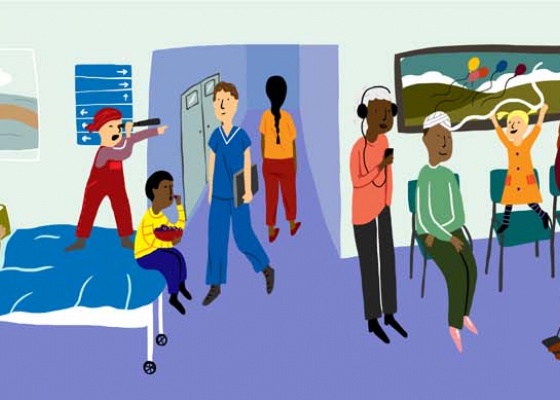Around one third of older people are already malnourished or at risk of malnutrition when they are admitted to hospital. This rises to around half of those admitted from a care home. Admission to hospital therefore offers a key opportunity to effectively identify and treat under nutrition.
BAPEN Malnutrition Universal Screening Tool (MUST)
MUST is a validated screening tool to identify adults who are at risk of malnutrition or malnourished. The five-step tool is for use in hospitals, community and other care settings by all trained care workers. More information can be found here.
Mandatory hospital food standards came into force in 2012, including a requirement to screen patients on admission, and to follow guidance on good nutritional care. Compliance with standards has improved but there are still inconsistencies in standards of care.
NICE Clinical Guidance 32 requires that all patients are screened for malnutrition on admission to hospital and all outpatients at their first clinic appointment. Screening should be repeated weekly for inpatients and where there is clinical concern for outpatients.
Alongside screening for malnutrition, it is important that patients who require support to eat or drink are identified and given the correct support.
This includes opportunities for the patients to wash their hands before eating, ensuring they are sitting comfortably at meal times, dentures are in place (if applicable), and food is presented attractively, and is arranged and cut to enable the person to eat it easily, with additional support if required.
Discharge and recovery is an important transition for older people suffering or at risk of malnutrition. Good and clear communication with older people directing them to next steps and signposting to further support and services would help to reduce readmissions.
Examples of good practice/links to resources:

